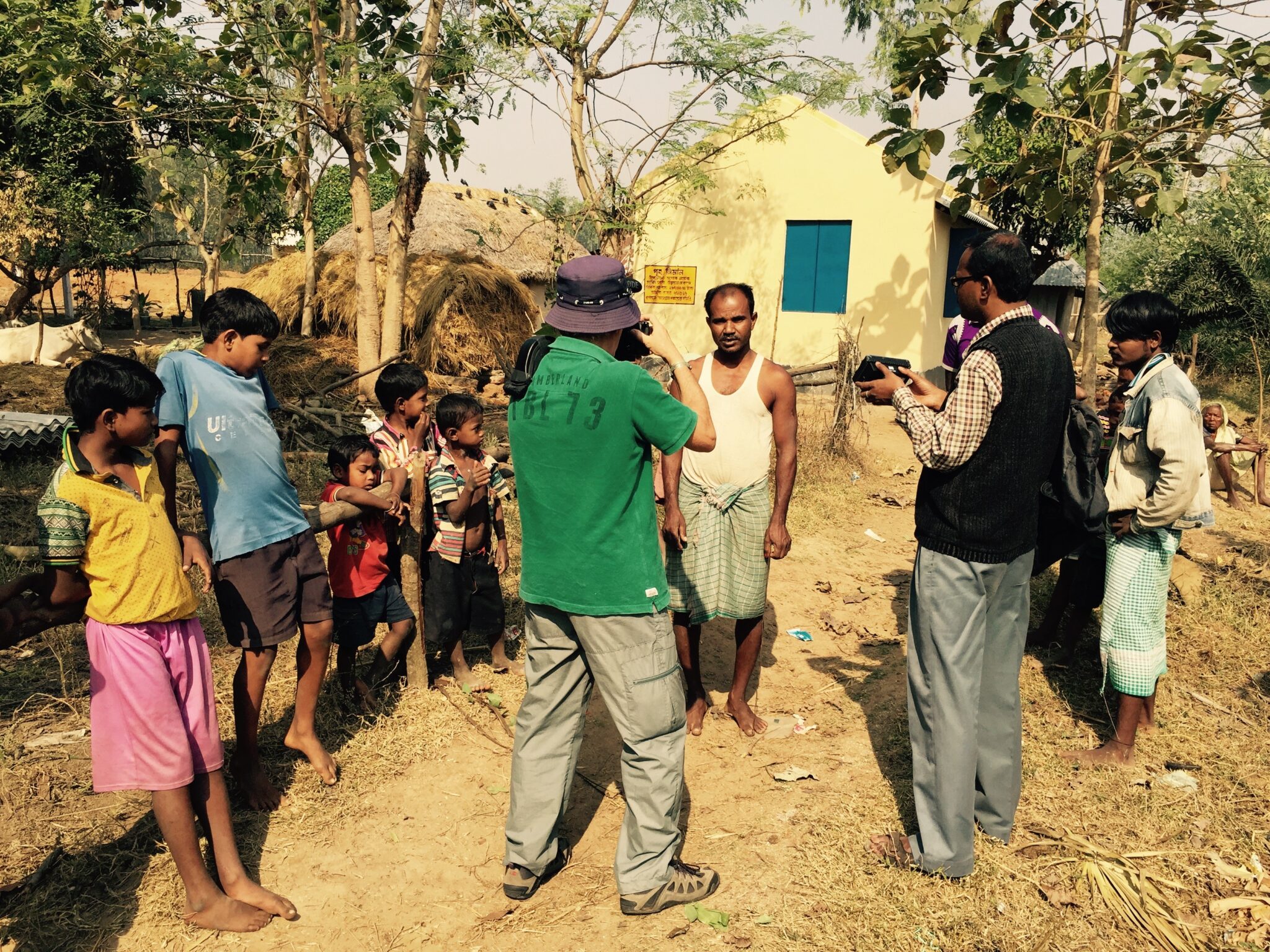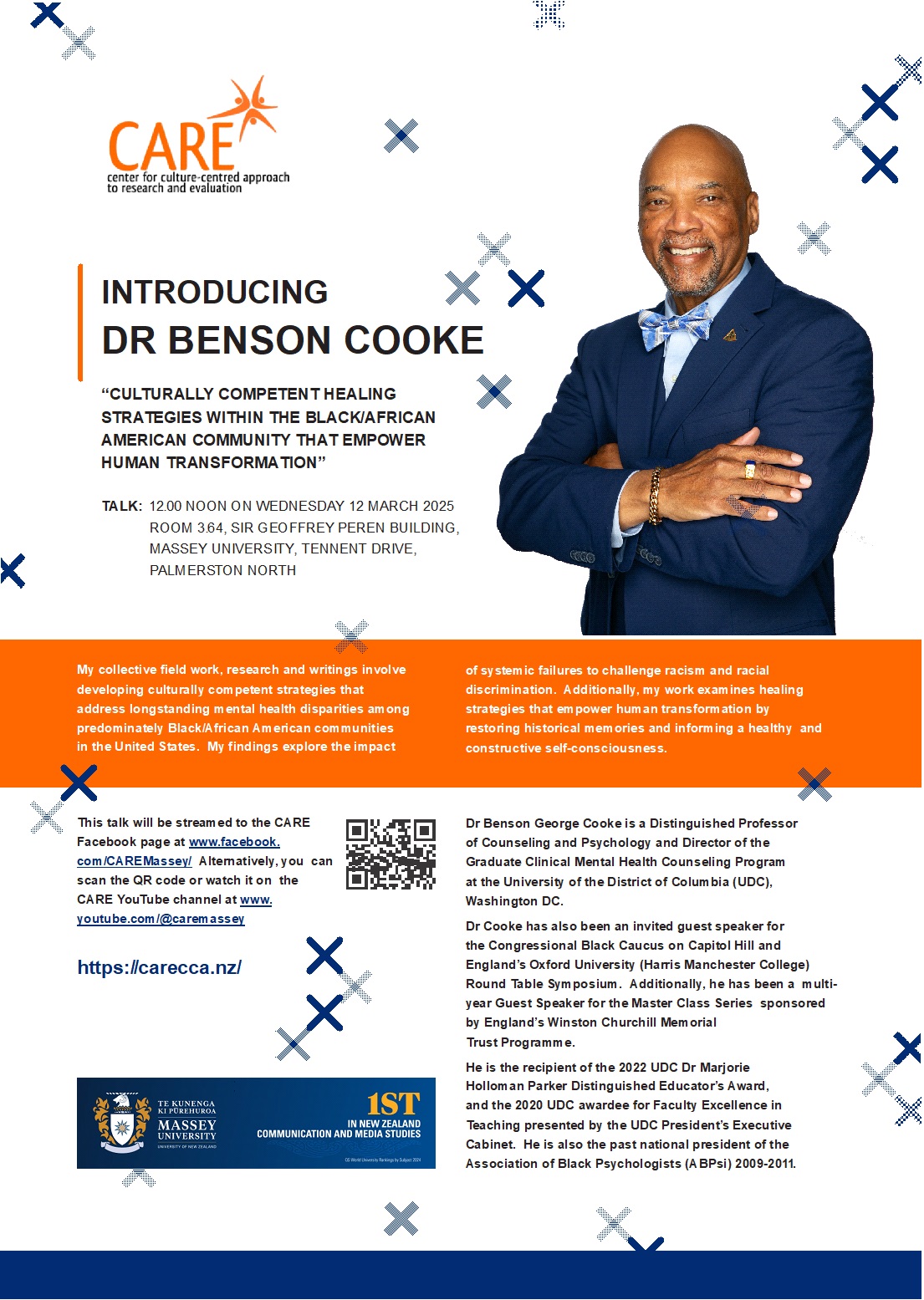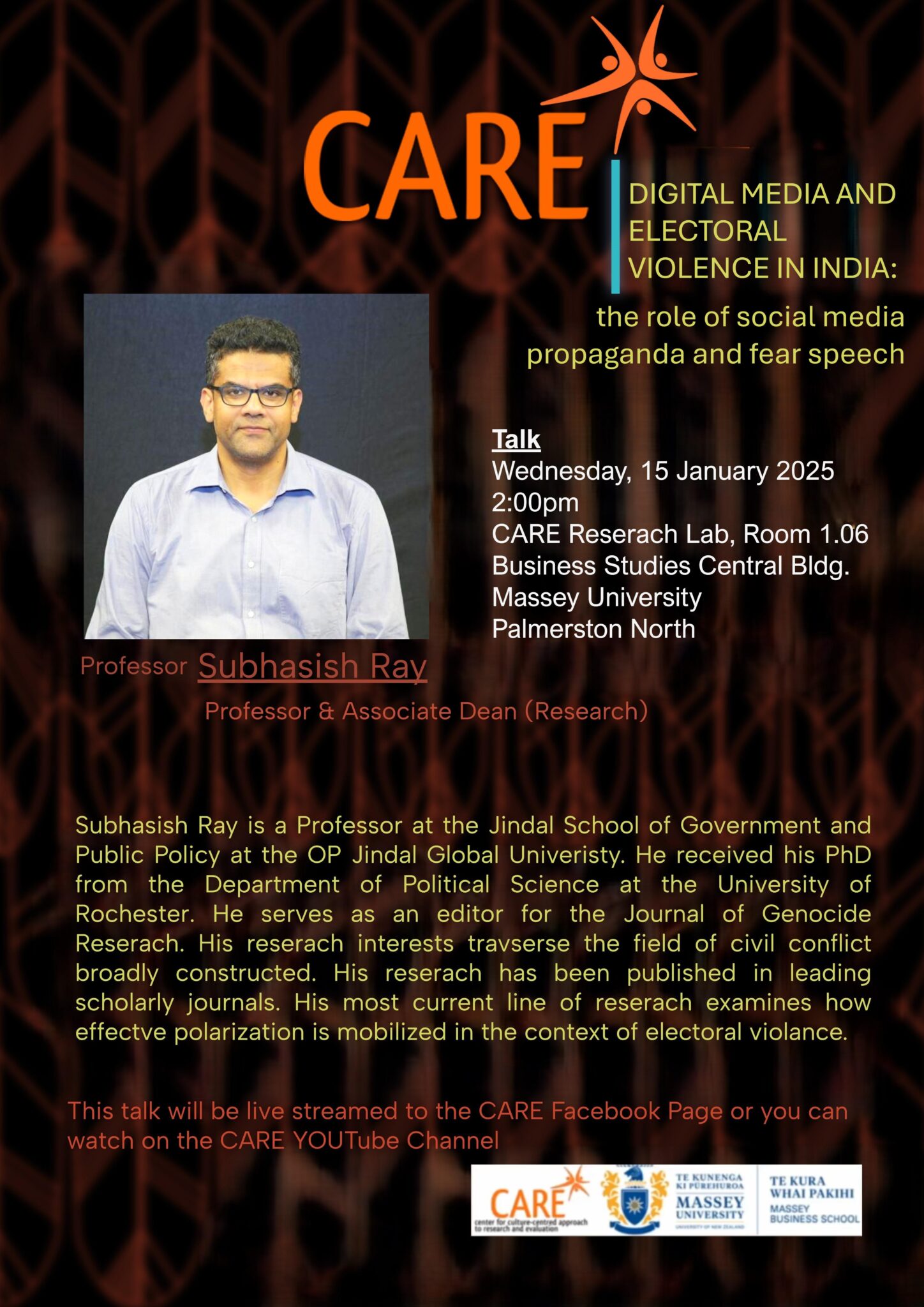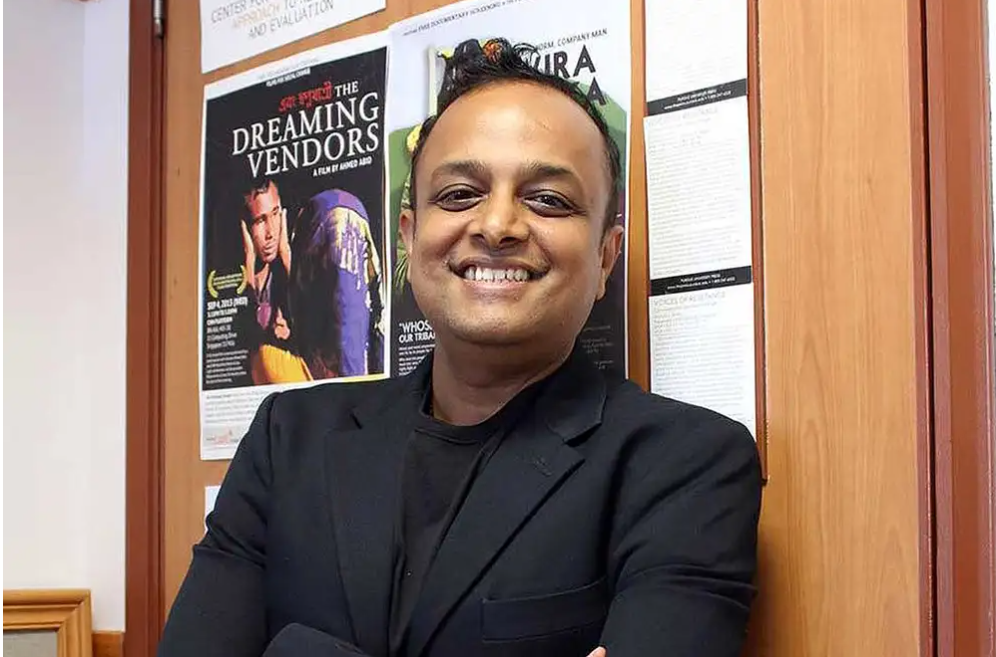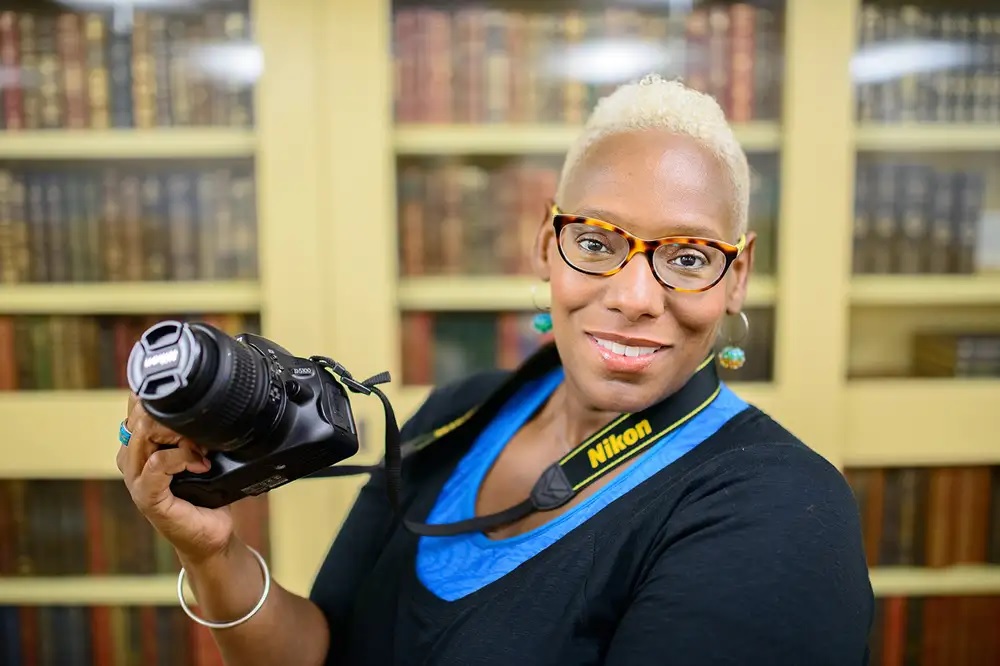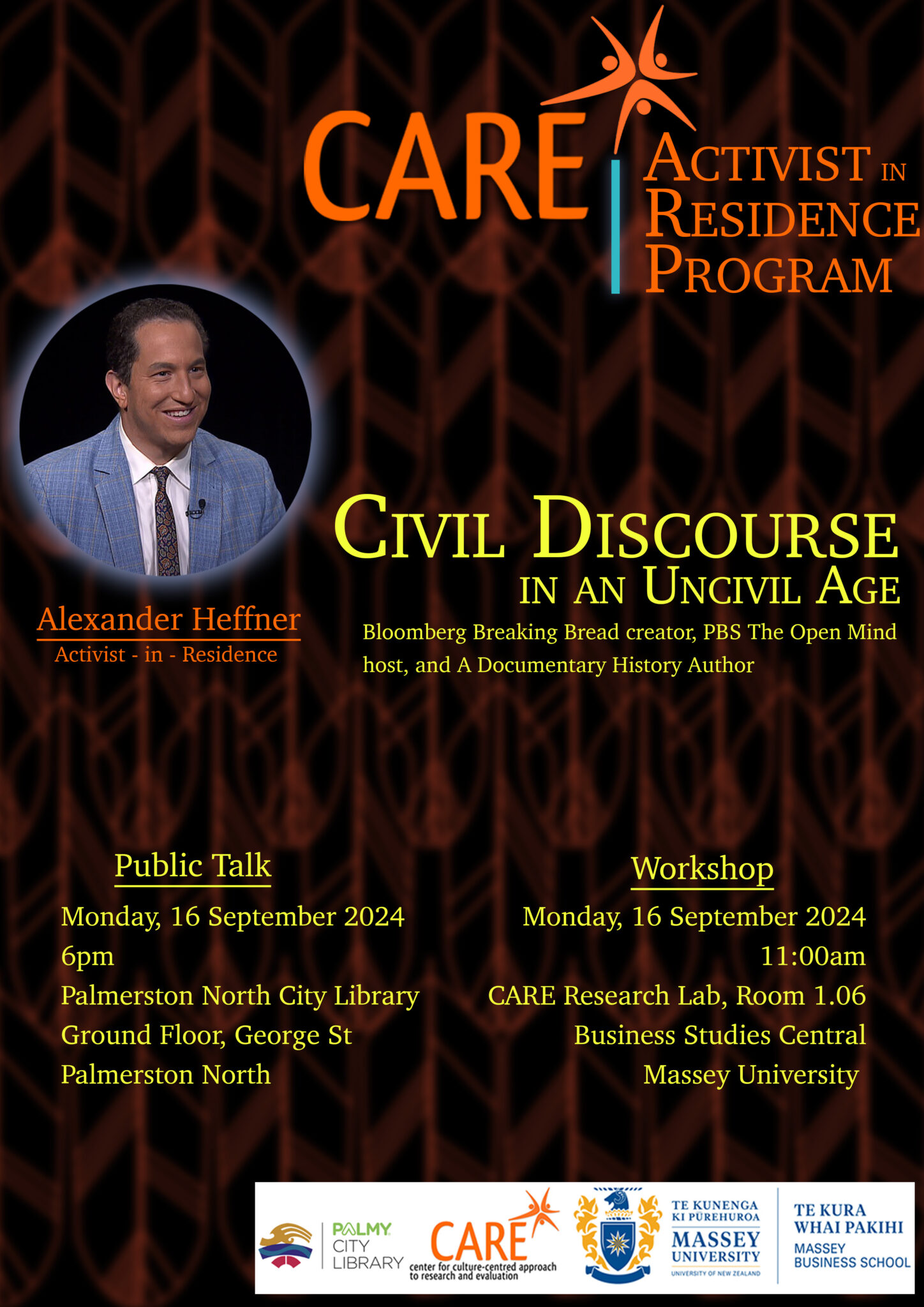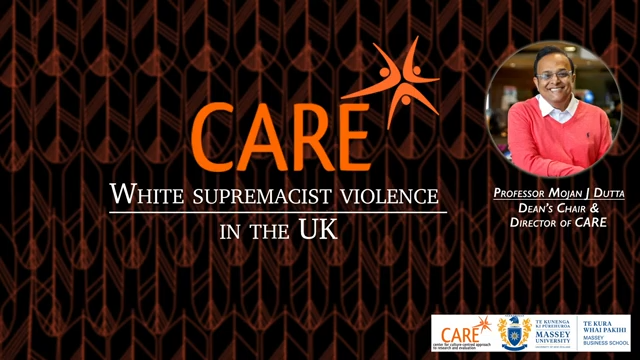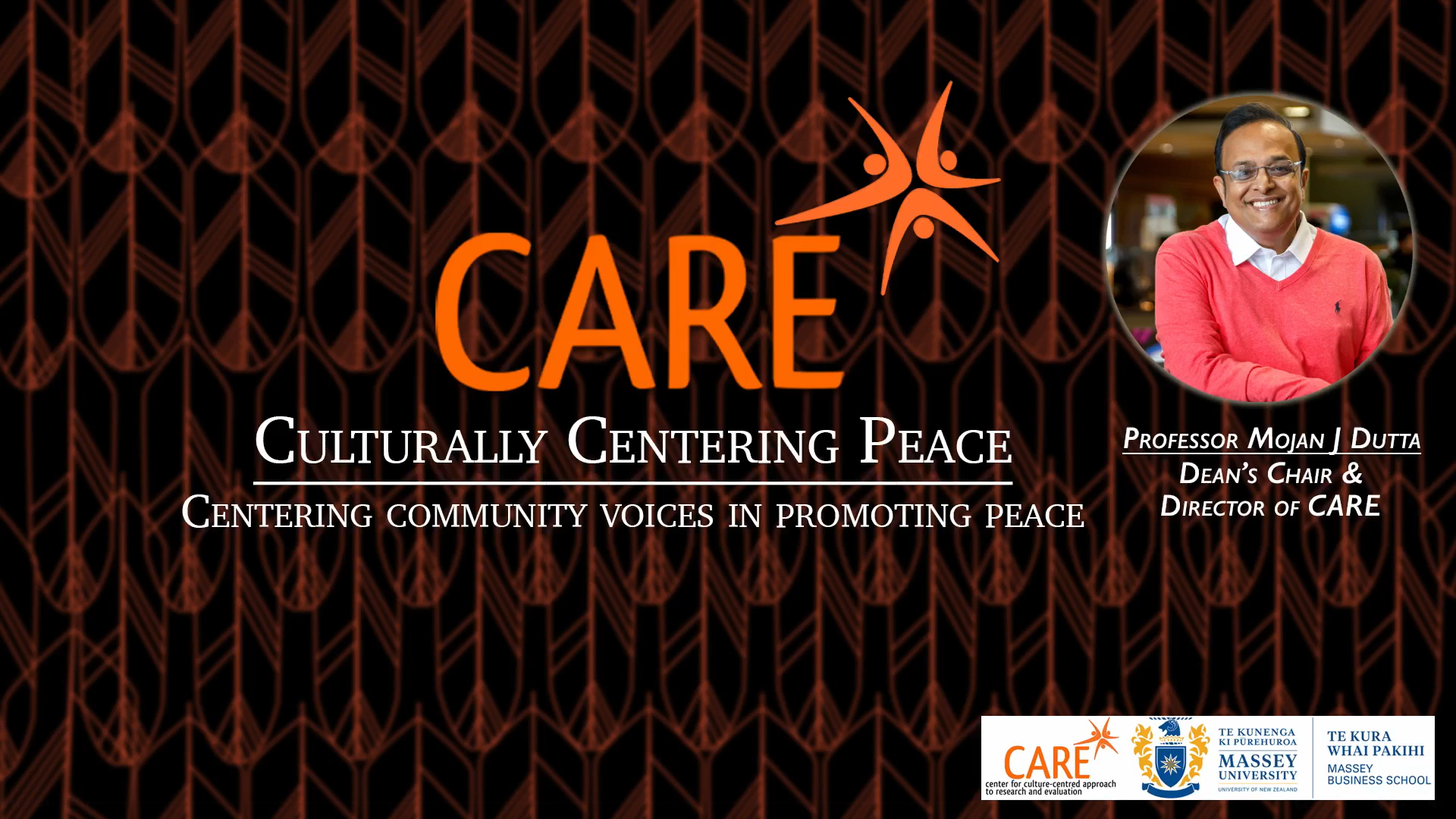Monday 17 March 2025, By Professor Mohan Dutta

Universities have increasingly found themselves as targets of Far-Right campaigns seeking to destabilize them. In Aotearoa as in connected settler colonial spaces, this Far-Right campaign is the face of white supremacy, seeking to platform extremists, and concocting a discourse of panic around the Western University in danger because of the struggles put forth by Indigenous, Black, ethnic migrant and diverse intersectional communities against the prevailing ideology of white supremacy.



At the core of the moral panic propagated by the Far-Right is the construction of the University as a hallowed institution of Western civilization (as if Universities and knowledge generating spaces didn’t exist outside of the West). Projecting Indigenous, Black, and migrant communities as threats to Western values, the racist campaign of the Far Right seeks to return the modern University to its good old days. Consider the following post by McGimpsey, a Case, Research and Drafting Advisor at the FSU until March, 2024.

These good old days reflect the times before critical race theory; diversity, equity and inclusion (DEI); and decolonization. In Aotearoa, these good old days are concocted fabrications of a past pre Te Tiriti.

These good old days are days of yore before the colored multitude took over the Universities and turned them into woke bastions!
Positioning itself as the advocate of free speech in Aotearoa and uncritically deployed by the media as a credible source on free speech issues (in spite of multiple analyses that have debunked the methods deployed by the FSU), the Free Speech Union draws on this narrative of decolonization and DEI as threats to the Western ideals of academic freedom.

It glorifies a false narrative of the Anglosphere as the strongest anchor for peace and prosperity, actively erasing the empirically documented history of colonial violence. Consider the following post from the FSU’s X handle, which the handle later apologized for after being publicly called out for the racism.
The FSU is very much a part of the broader global infrastructure of propaganda seeking to impose a narrow definition of free speech and academic freedom on Universities, strategically conflating the two, driven by the agenda of upholding and reproducing the hegemonic status quo.
This broader context offers explanatory ground for understanding the systemic attack launched by FSU on Massey University. The University and its progressive vision that aspires to build a future shaped by Te Tiriti offers a decolonising register that fundamentally threatens the ideology of white supremacy. An earlier decision by the University to not host an event with Don Brash because of the leadership’s worry around being seen as endorsing racism placed it as a target of the FSU.
It is no surprise then that the PULSE survey on organizational climate at Massey University secured through an OIA request becomes the lightning rod for FSU to amplify its campaign targeting the University. The FSU framing of the survey is constructed around ideas of academic freedom. An FSU letter and an RNZ story quoting the FSU state, “Universities rely on voices being free. How do academics progress knowledge in an environment that doesn’t welcome debate and dissenting ideas?”
The FSU hyperbole would lead the reader to believe academic freedom is under threat at Massey. Yet, critical interrogation of the claim lays visible its vacuous form. The hyperbole from FSU is in response to a qualitative comment on the section on Two-way communication, which stated, “Staff also fear that they are not safe to express their honest opinions for fear of reprisal of being seen as not towing the party line.” That cherry picked sentence (We know from my past analyses that the FSU has a penchant for cherry picking responses to fit its ideological agenda) is part of a broader excerpt in a section on staff responses to the prompt, “At Massey University there is open and honest two-way communication.” The prompt had nothing to do with progressing knowledge within one’s own expertise area and the freedom to do so.
The broader paragraph that showcased the example read:
“Staff feel there is a lack of open and honest two-way communication at Massey University. They perceive that senior leadership is not transparent and that important decisions are made without sufficient consultation or input from staff and students. Staff also feel that they are not safe to express their honest opinions for fear of reprisal or being seen as not towing the party line.” The paragraph in its entirety seems to be speaking to the decision-making and consultation processes in the management and administration of the University. It is clear that the staff perceptions of two-way communication are around the University’s day-to-day management functions, not around academic freedom in topic areas of expertise.
The same section also has positive and neutral examples of staff response. The positive response for instance states:
“Staff feel confident that their PVC and HoS are receptive to feedback and make changes when needed. Staff also appreciate the collegial and friendly atmosphere at Massey and feel fortunate to have supportive supervisors who they can communicate with freely. The official and legally correct communication style of the university is also seen as a positive.”
The neutral response states, “There is open and honest two-way communication among staff within schools and between colleagues. However, there is a lack of transparency in leadership decision-making and communication from senior leadership to staff. Some staff feel that their concerns are not listened to and that there is a level of distrust among staff about messages coming from senior leadership.”
Again, both of these responses are reflective of what the overarching prompt was about, perceptions about two-way communication in the organizational practices of the University. Unlike what the FSU makes the responses to look like, the qualitative comments across the spectrum reflect the objective of the prompt, to gauge staff perceptions about two-way communication in the management of the University.
When one picks qualitative comments for analyses, there are going to be a wide range of responses that capture diverse opinions. Considering the sentiment analysis of the generated narratives in response to the prompt, it is worth noting that 5% of staff offer positive responses, 29% offer neutral responses, and 66% offer negative responses. What this does point to is the opportunity to grow two-way communication across the layers of decision-making in the University. The sharing of the PULSE survey report itself, including the range of responses is an exemplar of transparency, a critical step toward building two-way communication. Moreover, the survey itself is part of a process that can work toward building and growing organizational culture.
One might ask, how would I personally respond to the item? I have access to this survey and to diverse platforms to communicate my views on this issue of organizational communication and will certainly not be turning to the FSU to communicate my perception.
What the prompt and the responses to it however don’t capture is academic freedom. There is no evidence to support FSU’s mischievous framing “How do academics progress knowledge in an environment that doesn’t welcome debate and dissenting ideas?” The prompt that generated the responses had nothing to do with academic freedom. Broadly, the PULSE survey actually is not designed to evaluate the space for dissenting (academic) ideas. It is not an academic freedom survey. In fact, when you look at the entirety of the PULSE survey, you recognize that the survey is not designed to evaluate the climate of the University around academic freedom, the freedom to teach and research ideas in one’s area of expertise. That would be an important survey to have on hand, but this isn’t it.
Why then does the FSU construct this slippage between organizational climate and academic freedom? It is my sense that this slippage from staff response to questions of organizational communication and processes to academic freedom is part of a broader ideological agenda of the FSU around creating a moral panic around academic freedom, decolonization and Te Tiriti.
As I have noted in the past, when it comes to academic freedom, when my academic freedom has been targeted, initially by Hindutva extremists, the FSU was absent. Not only did it not have any public statements to make around the organized campaign targeting my academic freedom, it also went ahead to platform one of the Hindutva propagandists who also appeared on Counterspin, and had organized a campaign targeting my job at the University. I will also note here that when I had publicly noted this strategic absence of the FSU, one of its propagandists had suggested I was lying although they couldn’t offer any evidence of FSU offering support for my academic freedom.
More recently, in the context of my critiques of Zionist settler colonialism and the ongoing genocide being perpetrated by Israel in Gaza, far-right Zionist infrastructures in Aotearoa have targeted my academic freedom based on planted misinformation. This campaign is part of a broader campaign in Aotearoa launched by Far-Right Zionists targeting academic voices critical of Israel. Two of these Zionist creators and disseminators of disinformation sit on or have sat on the Board of the FSU (The exhibit below shows one of the posts by David Cumin, based on misinformation about the claim I made and that I have deleted a blog post, which I never did. See here). One of these Zionist propagandists targeted my job at Massey University, tagging the University and sought to get me fired.


In the face of public criticism that noted the hypocrisy of the FSU, the propagandist then peddled the same misinformation in an email sent out from the FSU email address to the FSU listserv. This resulted in increased hate and trolling that I received, including hate messages left on my official email and phone threatening to send me back to ‘wherever I came from.” Now these are actual examples of threats to academic freedom, and they originate from within the infrastructures of the FSU.
I will wrap up by making a critical observation, that in the face of the threats to my academic freedom, including in instances of foreign interference, my employer, Massey University Te Kunenga ki Purehuroha, has stood firm and stood tall by me. This public support by the University and its senior leaders has meant that the University has become a source of further aggravated attacks from the Far-Right on its institutional structure and processes. It has offered the necessary critical support, the support with security, and the support with care, including Senior Leadership calling up on me to check how I am doing. In the face of the threats to my academic freedom that came directly from the networks of the FSU, the fear that this campaign induced in me around my safety and public scholarship, my employer has stood by me. I would any day take the commitments and negotiations of the University I work in around questions of academic freedom seriously than I would an astroturf organization seeking to insert a wedge around academic freedom to serve its ideological agenda of dismantling the critical decolonization work much needed in our Universities in Aotearoa and globally.
The work of decolonization must go on.

